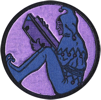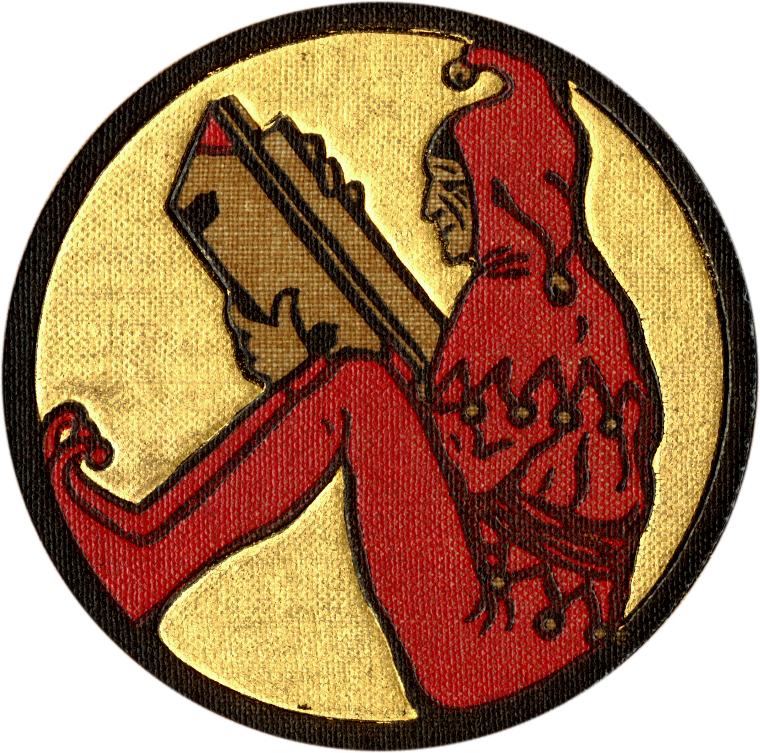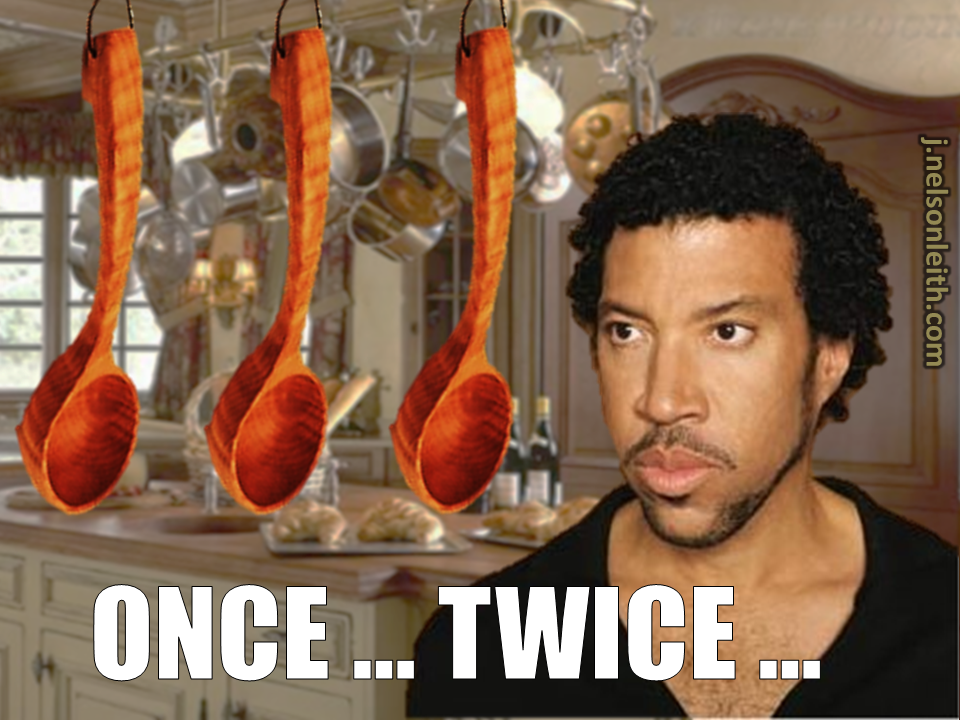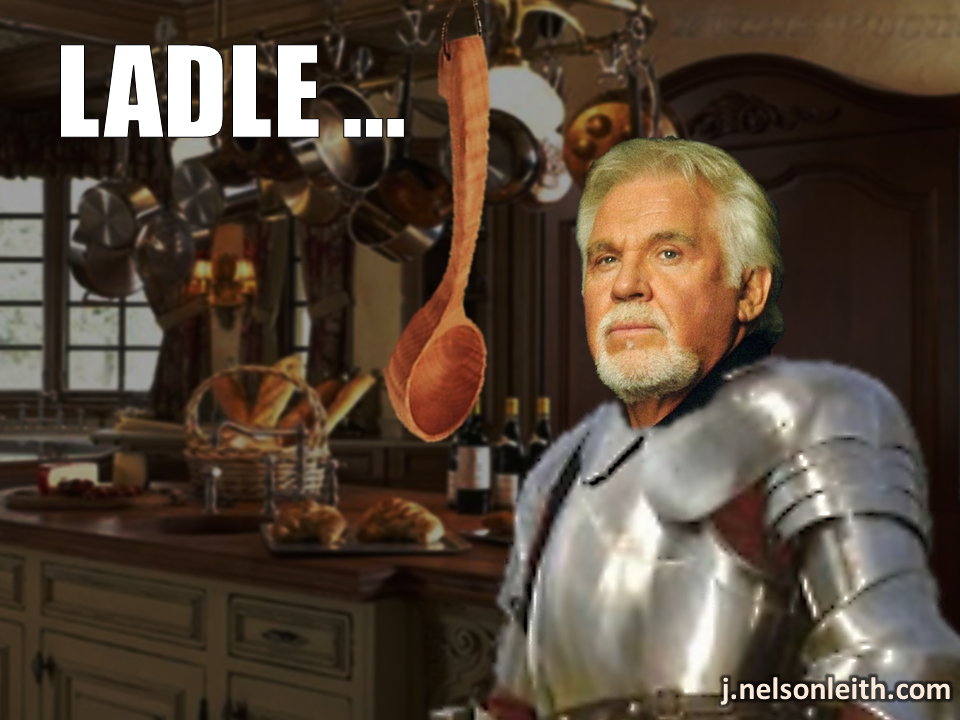For odd thoughts on other kitchens, check out Steven Tyler, Beyoncé, and Kenny Rogers.
Monthly Archives: February 2015
You may have heard, scientists recently determined that Scholz’s Star passed within a petameter of the Sun only 70 thousand years ago. That means it swept through our Oort Cloud. (For a good perspective on how far out the Oort Cloud is, click here.)
Well, if you’re thinking that those numbers really don’t help you understand how close that is in interstellar terms, here’s a graphic to help you make sense of it, with the distances to many of the nearest stars provided for perspective. Continue reading
For the background on this one, check here.

 Someone who studies ancient Egyptian cancer is an ankhologist.
Someone who studies ancient Egyptian cancer is an ankhologist.

When novelist Kamila Shamsie finally got around to reading Moby-Dick and to visiting Antarctica—at the same time—she had a realization that shows how every reading of a book is a different book, depending on where we are in life when we read it. Her reading of Melville’s classic was particularly evocative:
[F]rom the start, the echoes between what I was reading and what I was seeing around me seemed to ask for me to take note, quite literally.
And so very quickly (in fact, by page 20, as my annotations tell me) my favorite reading spot became a high chair on the bridge, where I could look up from the “ice and icebergs all astern” on the page to see the very sight before me. “Through icy water — we feel the ship scrape against small icebergs,” I wrote as the Polar Pioneer progressed through the Lemaire Channel with snow-covered cliffs on both sides and snow petrels swooping about. At the top of the next page I read Melville’s phrase “brace the ship against the icy concussions of those battering seas” and at the bottom is my handwriting again: “Almost constant shuddering through the ship now that it is impossible to skirt the icebergs.”
Sometimes the annotations were marks of difference rather than similarity between the Pequod of “Moby-Dick” and the Polar Pioneer of my voyage. “Supreme lord and dictator” is how Melville describes Captain Ahab. Beside that sentence I wrote, “And here I sit, on the bridge, behind Captain Yuri of very tolerant countenance.” I should say that “very tolerant countenance” is not in my everyday speech. But by this point the book was working its way into me — as was the surrounding landscape.
Check out the rest of her intriguing account here.





